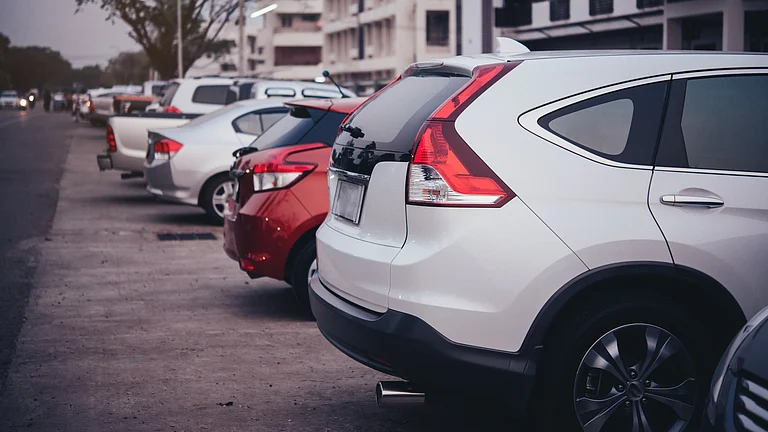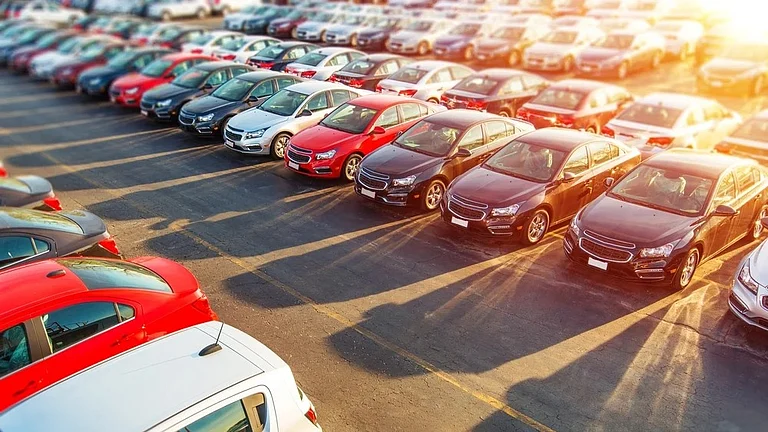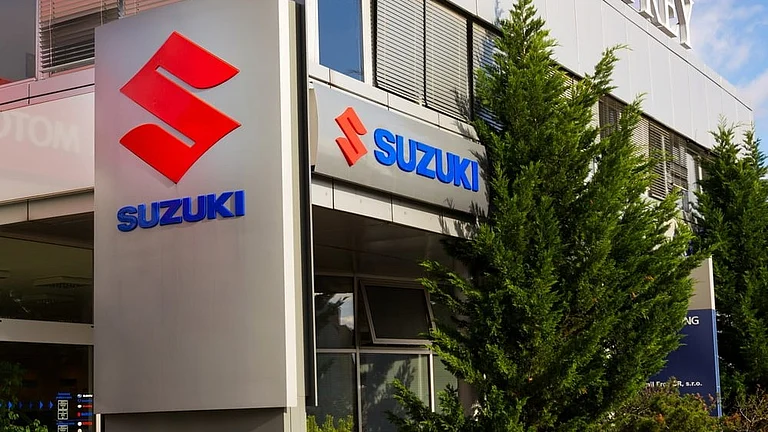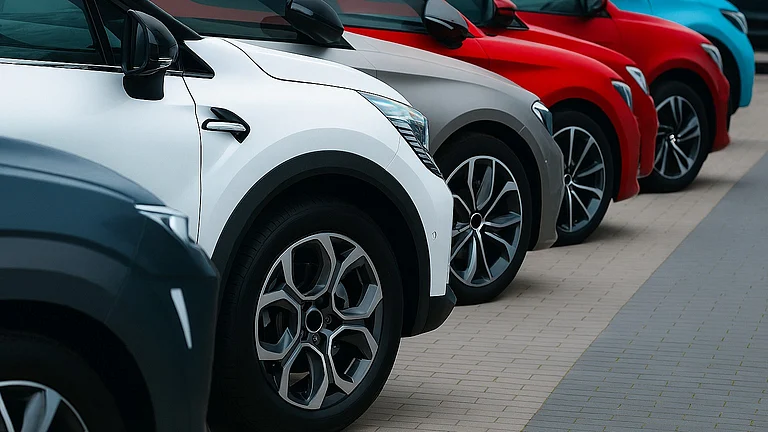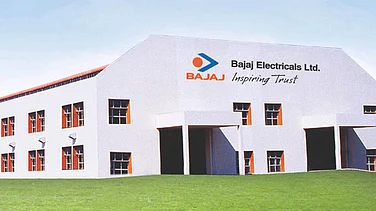Maruti Suzuki India expects its CNG car sales to rise over 30 per cent to around 6 lakh units this fiscal, according to a senior company official.
The country's largest carmaker also aims to export around 3 lakh units in the ongoing financial year.
"So CNG, this year, we did about 4,50,000 (units) in passenger vehicles. We are hoping to do something like 6,00,000 vehicles in FY24-25," Maruti Suzuki India Executive Director Corporate Affairs Rahul Bharti said in an analyst call.
The company sells CNG trims across various models like WagonR, Brezza, Dzire, and Ertiga, among others in the domestic market.
Bharti said the company's capacity expansion by around 1 lakh units per annum at its Manesar plant, in Haryana largely addresses the Ertiga supply issues.
Ertiga CNG demand is huge in the market leading to supply issues, he noted.
On overseas shipments, Bharti said the company aims to export about 3 lakh units.
"We did about 2,83,000 units in FY24. Despite the fact that we've increased substantially over the usual 1,00,000 units per year that we used to do just about 4 years ago. We wish to take it further in the future years.
"And this year, we should be doing about 3,00,000 units fairly diversified across markets, across products," he noted.
Replying to a separate query on the company's upcoming plant at Kharkhoda in Haryana, Bharti said the project is part of the automaker's ambitious growth plan.
"Construction is already in progress at Kharkhoda and the first plant with an annual production capacity of 2,50,000 units is on course to be operational in 2025," he said.
The company has space to set up four such plants with a total capacity of 10 lakh units in Kharkhoda, he added.
Maruti Suzuki aims to produce 40 lakh vehicles per year by FY2030-31, almost double from current levels.









